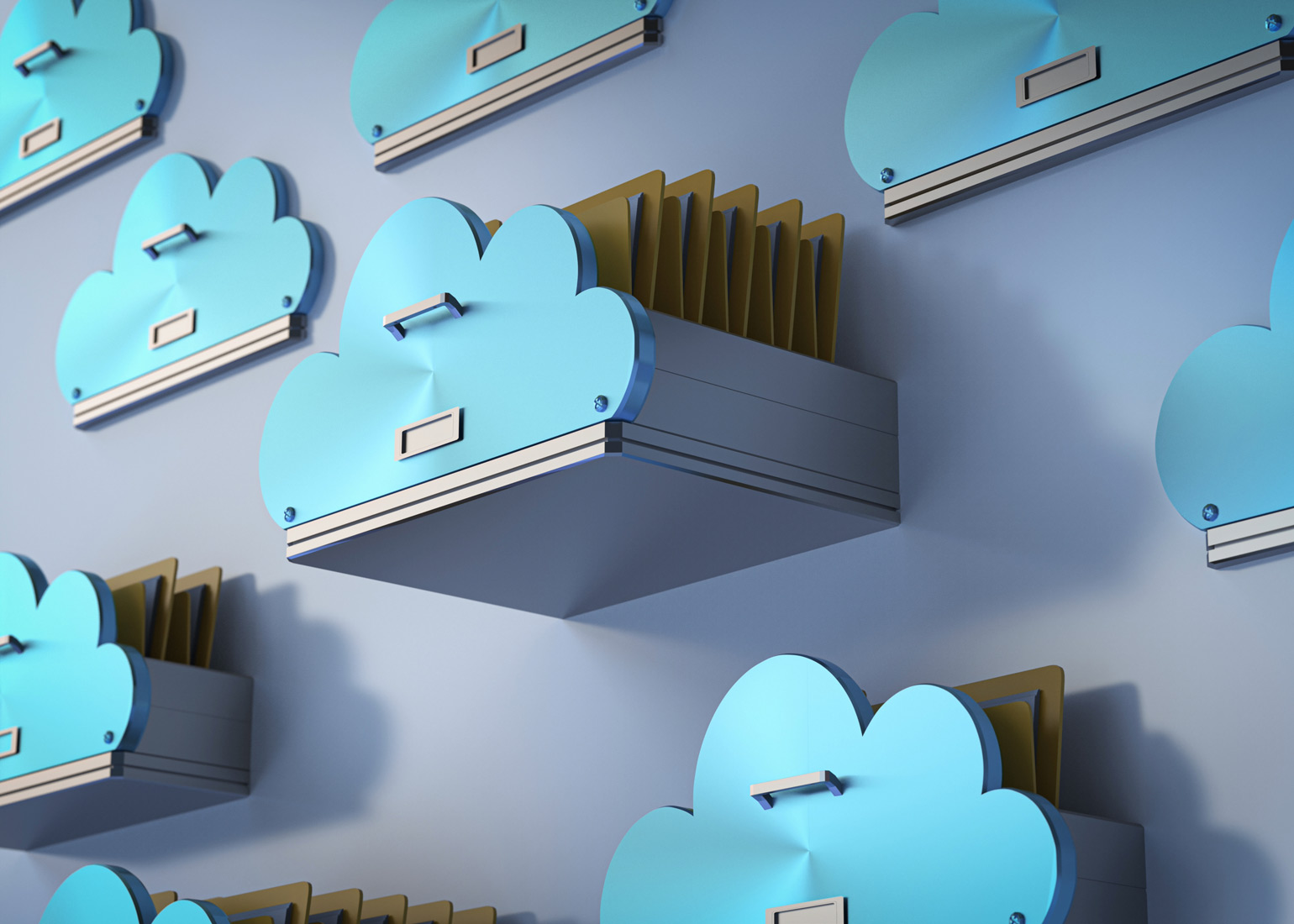paperless office
November 15, 2013
RightFax has been pegged by PC World as a tool to transition to a paperless office in their recent Ultimate Guide Read more...
November 14, 2013
Businesses that seek to adopt paperless office practices run into a series of challenges. Whether it is an office-culture unwilling Read more...
November 15, 2013
John Lynn, founder of HealthcareScene.com, maintains that paper will continue to play a roll in healthcare offices for the time Read more...



